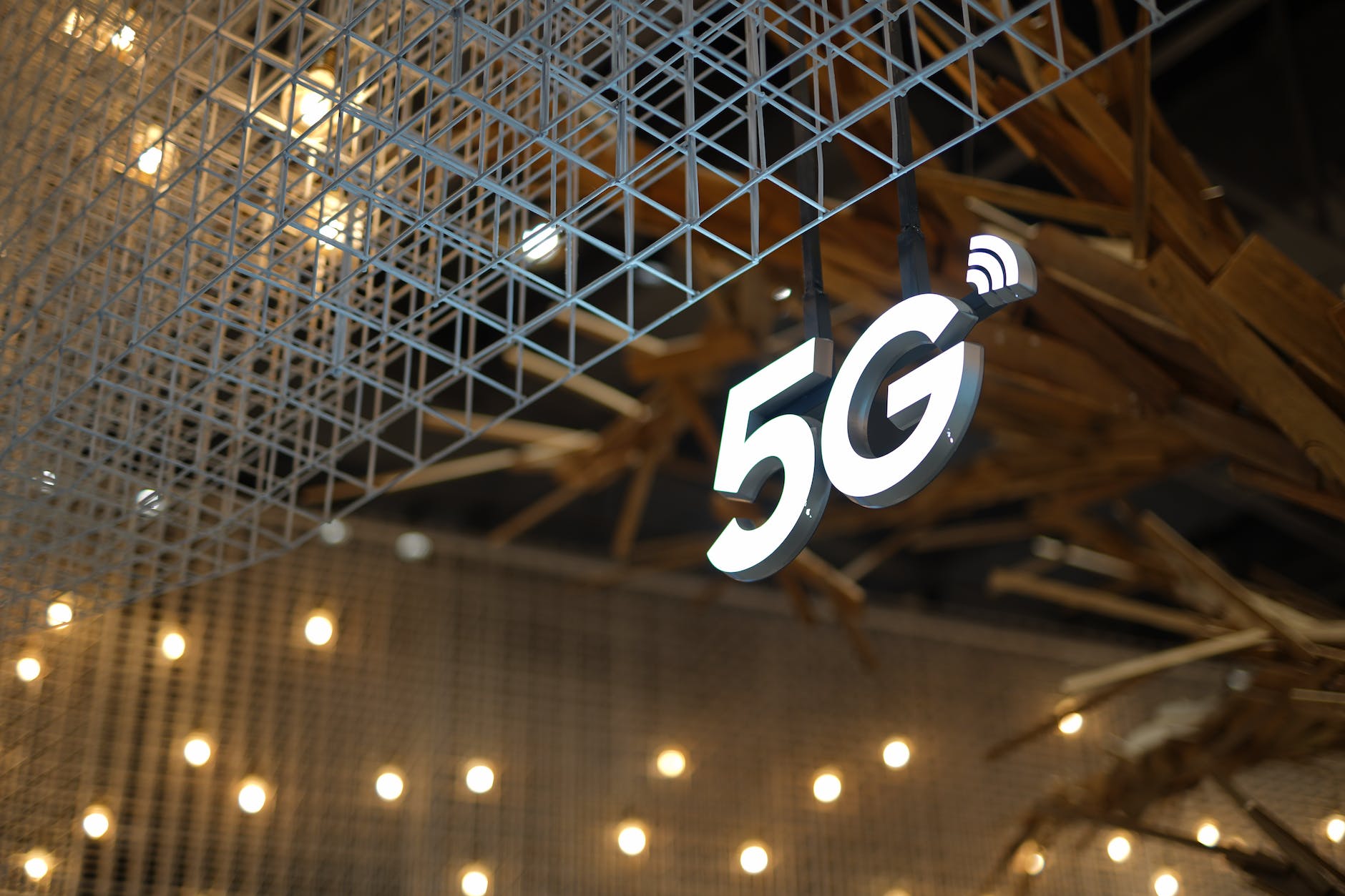
5G Technology
Originally expected to roll out worldwide in 2020, the introduction of 5G has seen a number of delays which has stopped it from becoming a regular presence in the business world.
Most recently, telecoms had to halt rollouts around the US due to a warning from airports. It is unconfirmed whether 5G will have an impact or delay airport operations, but due to the fact most airports are in close proximity to large cities, this is a significant delay to a network which is already running into overtime.
There Is Still Optimism
That’s not to say the future of 5G is looking unstable. Despite only having 70 – 75 million coverages planned in 2023, the GSMA has suggested that connections could exceed that of 2 billion by 2025, which is an astounding leap when considering the struggles that 5G has had in its implementation.
The setbacks, however, have been costly, especially for businesses who would benefit from the increased connectivity and speeds that 5G can bring.
Poor Network Speed Can Negatively Affect Business
According to a recent survey, as much as 6 in 10 new businesses fail within the first three years. Although there will be a number of reasons for the low success rate, one of the main factors which is rarely talked about is internet processing speeds. New tech solutions can be a good idea when it comes to cost saving and efficiency, but when they do not perform as they should do, they can lead to widespread operational failures and a drop in profits.
This is due to the stifled productivity of employees, the end-user frustration at glitching, slow websites and bad bottom line profits. A poorly responsive CRM system, for instance, will undoubtedly filter down to the customer experience. If a competitor has a faster network, then customers will sooner have a better experience with them.
What Can 5G Bring To Businesses?
These kinds of issues can easily be averted under the new 5G rollout. Whether it’s task management, customer communication or digital marketing, 5G is due to make every internet process easier, with lower latency, increased connectivity and the ability to perform network splicing. B2B organisations, particularly, will be bolstered by this. For a B2B company, the most common and effective marketing strategies are performed online; with emails, LinkedIn profiles and customer loyalty programs forming the bulk channels for marketing communication.
With 5G’s integration, B2B companies will have up to 20 GBPS (gigabits-per-second) peak data rates. This will lend to a more effective and efficient marketing strategy, meaning the business will be far more profitable as a result. For more on what marketing ploys can be boosted with fast networking speeds, click here for additional information.
Businesses Have To Sit Tight
In the meantime, however, both B2B and B2C organisations will have to sit tight. Whilst 5G has started its rollout, it is not yet a prominent network that can be utilised by all.
In this way, it is important to try to make workloads as efficient as possible on the available networks, with an eye on taking advantage of 5G as soon as it becomes more prominent globally.






